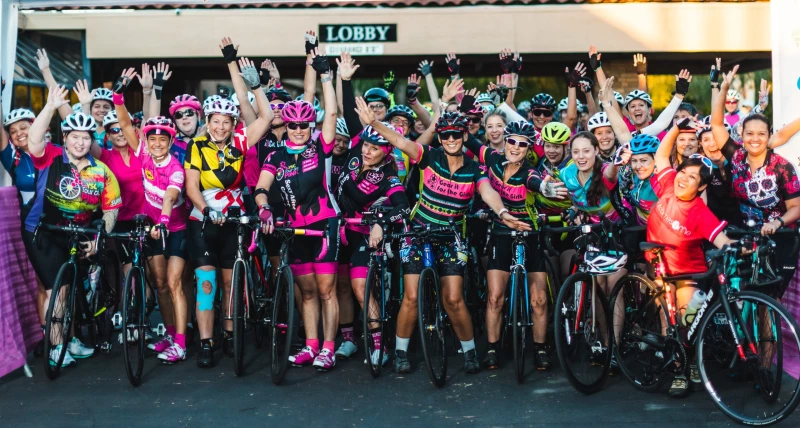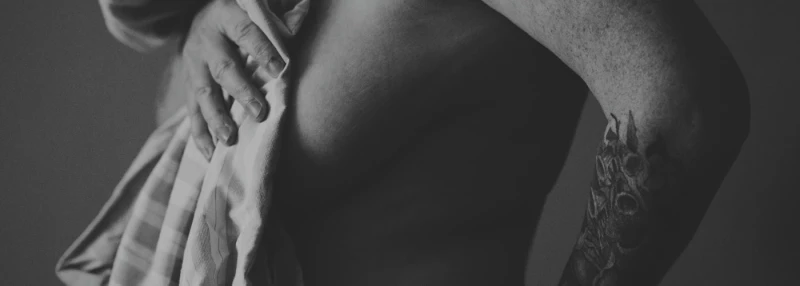Editor's Note: This post was originally published in 2012 and has been updated for accuracy and comprehensiveness.
If you knew that something as simple as writing in a journal for as little as five minutes might bring you some relief from the overwhelming feelings of cancer, would you give it a shot?
A breast cancer diagnosis brings overwhelming feelings, a multitude of appointments, a sense of managing a second job for which the pay is fatigue, possible hair loss and a tired debit card laden with co-pays. The added stresses of the Coronavirus make it more important than ever to engage in activities that acknowledge and help us manage anxiety.
As an oncology social worker and journal group facilitator, my goal with survivors is often focused on finding an action plan grounded in self-care amidst this flurry of activity. The benefits of journal writing have been studied for over 25 years. Among those studies, included are ones focused on the benefits of journaling for cancer patients. Generally, the benefits have been positive.
The Benefits of Writing a Journal
If you knew that something as simple as writing in a journal for as little as five minutes might bring you some relief from the overwhelming feelings of cancer, would you give it a shot? Also, if you knew that it is completely normal for you to feel triggered by walking back into the doctor’s office for a follow-up appointment, might you go a little easier on yourself? I have heard survivors mention these following triggers coming up for them:
Reach Out
- Walking past the infusion center,
- Certain smells in the building where the doctor’s office is,
- Going to park the car on the deck where they parked to go for treatment,
- Wearing or seeing people in face masks.
Post-traumatic stress in cancer patients has been studied and I want you to know that you are in good company with others who have experienced symptoms like these. But utilizing journal writing techniques can assist in healing and recovery from breast cancer treatment. It will encourage a gentle grounding in the midst of the overwhelming experiences.
In one of my cancer survivor journal writing groups, a big question which surfaced for the participants was, “Who am I now?” This came out of a technique called Lists of 100 created by Kathleen (Kay) Adams, the Director for the Center for Journal Therapy. Their journals led them to reframe that idea to, “I want …” I watched their lives change before my eyes. One participant, a young woman surviving breast cancer, completely changed jobs. Another’s relationship with his children, including a son serving in Afghanistan, transformed through writing and exchanging poetry.
Journaling for Cancer Patients: Try This
Dust off a journal that has been patiently waiting for you on your bookshelf. Or pick up one at the dollar store. Take five minutes to try one or more of the following prompts. And then write for a few minutes about how it felt and what you noticed. Leave me a comment and tell me how it went.
If you are new to journaling, please know there is no rule book. Your journal is yours and is a private relationship. The journal is your buddy and it will never, ever care what you write in it.
1: Make a list: 10 Ways I Feel Safe
2: Describe a room in your house where you feel safe, comfortable and relaxed: Include as many details as you want. What time of day is it? Is there color on the walls? Are there photos in plain view? What books are within reach? Is music playing? What is it? (You get the idea).
3: Here’s one example to celebrate a season: How will you celebrate and enjoy fall? Pumpkins? Halloween candy? Jumping in raked piles of leaves? You tell me. Remember to write feedback when you’re finished. And, please feel free to leave me a comment on the blog – I’d love to hear what surfaced for you!
 Jean joined YSC in 2011 with a background in clinical oncology social work. She is a licensed clinical social worker, a certified oncology social worker and a certified journal therapist. Her focus includes the crafting, piloting and implementing of supportive and educational programming for young breast cancer survivors, co-survivors and healthcare providers. As a certified journal therapist, Jean crafted an original program addressing re-establishing intimacy after breast cancer as well as continuing education journal writing programs for mental health and nursing professionals regarding compassion fatigue and self-care. She holds a master of social work from the University of Georgia and a bachelor of arts from the University of South Carolina.
Jean joined YSC in 2011 with a background in clinical oncology social work. She is a licensed clinical social worker, a certified oncology social worker and a certified journal therapist. Her focus includes the crafting, piloting and implementing of supportive and educational programming for young breast cancer survivors, co-survivors and healthcare providers. As a certified journal therapist, Jean crafted an original program addressing re-establishing intimacy after breast cancer as well as continuing education journal writing programs for mental health and nursing professionals regarding compassion fatigue and self-care. She holds a master of social work from the University of Georgia and a bachelor of arts from the University of South Carolina.



